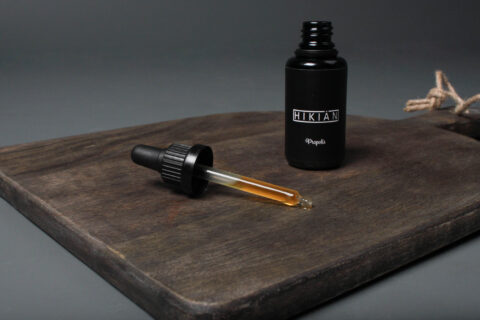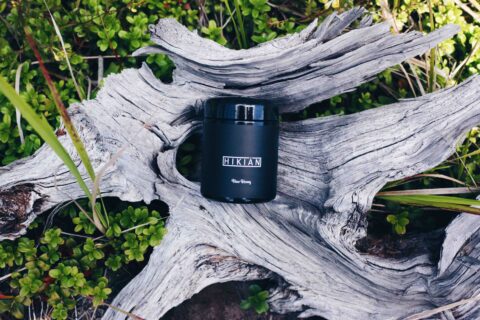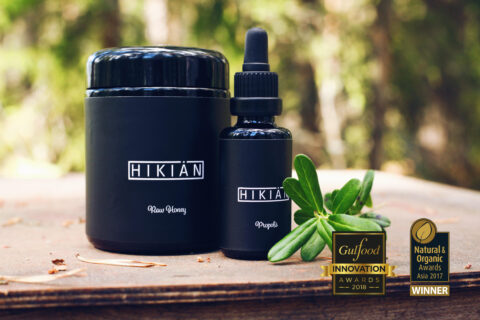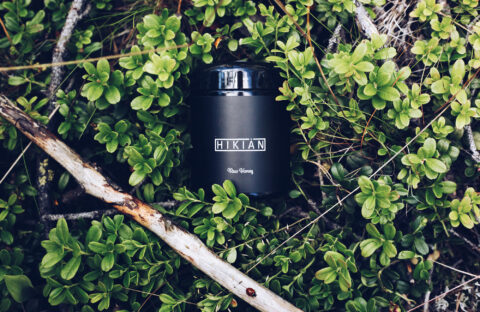As parents, we always want what’s best for our children. Where their health is concerned, this is of paramount importance. Consequently, when we can, we pay particularly close attention to their diet and what they eat.
Many parents favour organic products and try to avoid drinks and food that are laden with refined sugar which is of next to no benefit other than enabling your child to develop a ‘sweet tooth’ at a very early age and which can lead to problems related to weight later on, especially during adolescence.
When we say that honey has been proven to be good for children, we are, of course, referring to natural raw honey, not the processed, refined and golden-glowing honey you find on supermarket shelves that has been heavily diluted with cheap sugary substances such as corn syrup.
Raw honey is easy to spot – it looks solid and has a beige colour with zero opacity. It is hard to believe that having been conditioned to ‘buy with our eyes’ – in other words if something looks good it must be good, raw honey has a little bit of an image problem. However, that is easily overcome when you weigh up the benefits of raw honey for children when compared to those of refined, pasteurized, diluted and filtered honey.
Today on the 20th November is Children’s day and now is a very appropriate time to explain why raw honey is so good for children. Let’s first look at what raw honey contains, apart from natural sugar. It contains enzymes, minerals, anti-oxidants and amino acids, as well as trace amounts of vitamins B and C.
Enzymes are beneficial for our digestive system, while anti-oxidants are known to be good for reducing the risks of developing cancer. Amino acids are vital for the development of a healthy body as well as boosting energy levels. Minerals and vitamins are essential for bodily growth and overall wellbeing, while vitamins are imperative for maintaining health.
Natural raw honey is also an excellent elixir for treating ticklish coughs, especially those which result from having a cold. Honey combined with lemon in warm water is an ages-old remedy for colds, where the vitamin C from the lemon counters the physiological effects of the cold, while the honey soothes the throat.
What may surprise you is that honey is also an antiseptic and anti-inflammatory and for many thousands of years has been effectively used to treat wounds and minor burns when used topically – applied to the surface of the wound .as opposed to ingested, as we would with penicillin.
What is curious is that there is considerable anecdotal evidence that if children take a spoonful of honey each day it can also help to alleviate or reduce the symptoms of hay fever. However, there appears to be no scientific evidence to back this up. Of course, some things can’t always be explained by science and they are what they are.
On a final and very important note, we must advise you never to either give raw honey to an infant under one year of age, or apply it topically to infants until they have reached the age of one.The reason behind this is because natural raw honey can contain traces of botulism, a toxin which can attack the body’s nerves. In babies, the body’s immune system has not fully developed, and botulism can lead to quite severe illness. By the age of six months that immune system will have become fully developed but allowing an additional six months is a sensible additional precaution.







